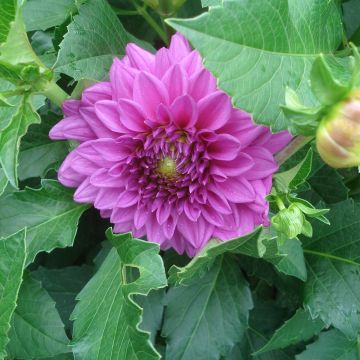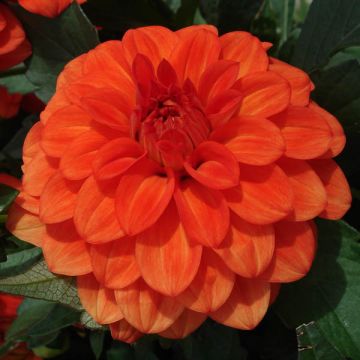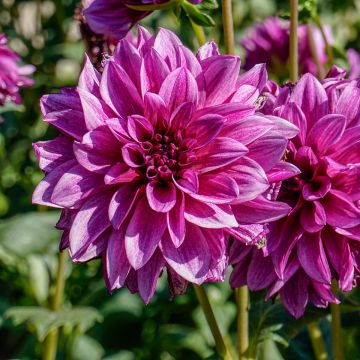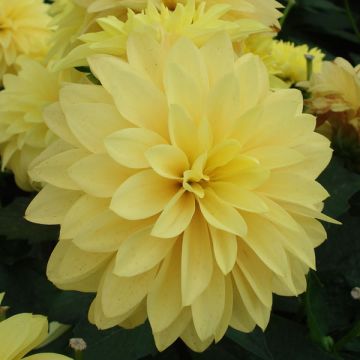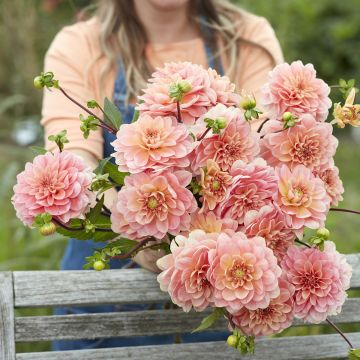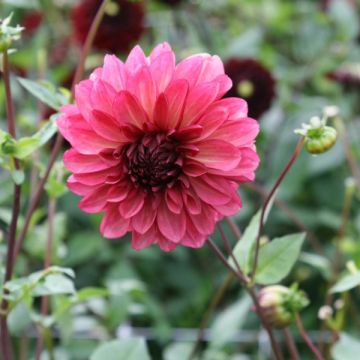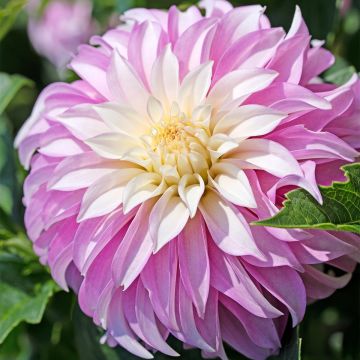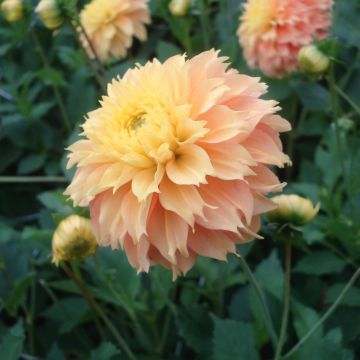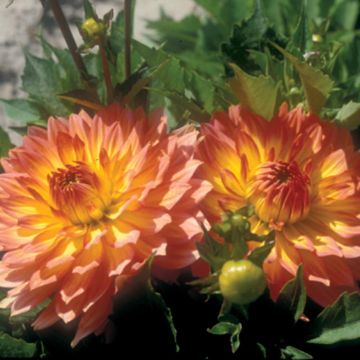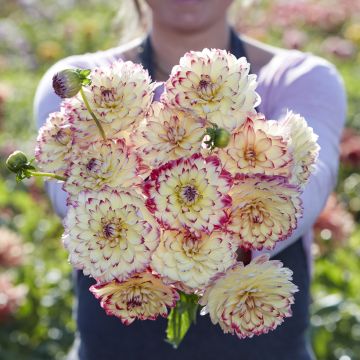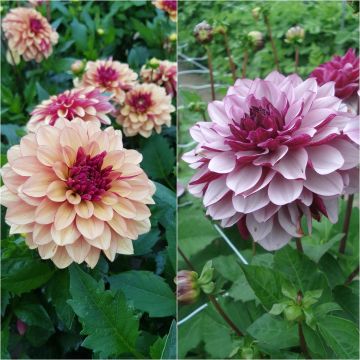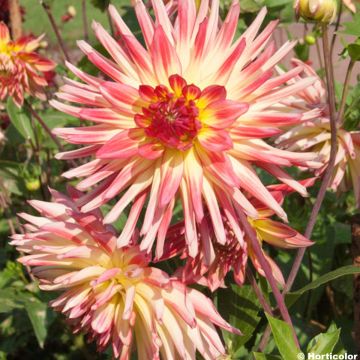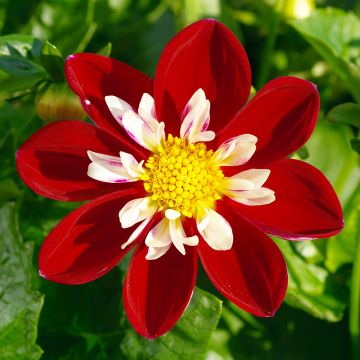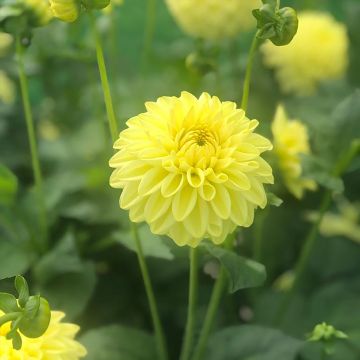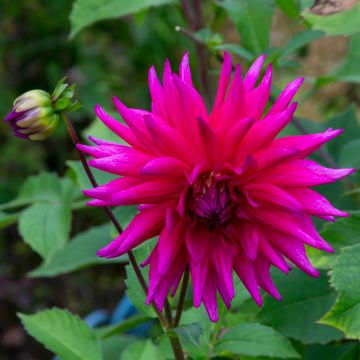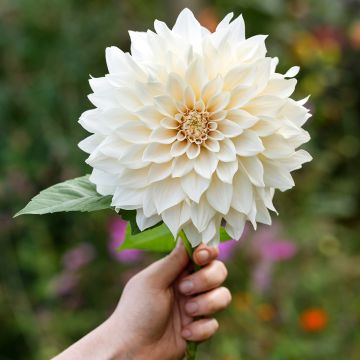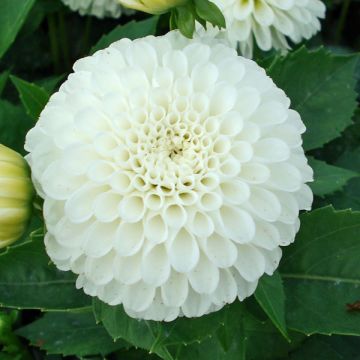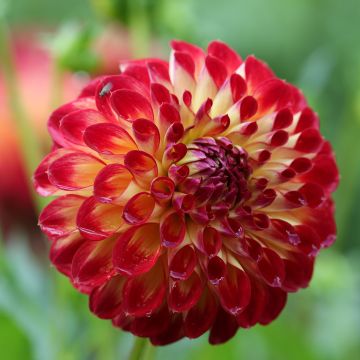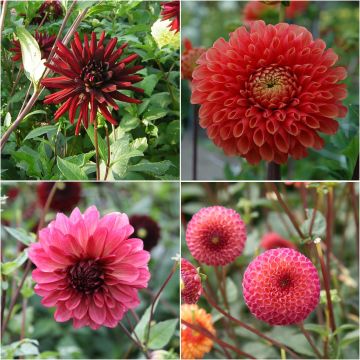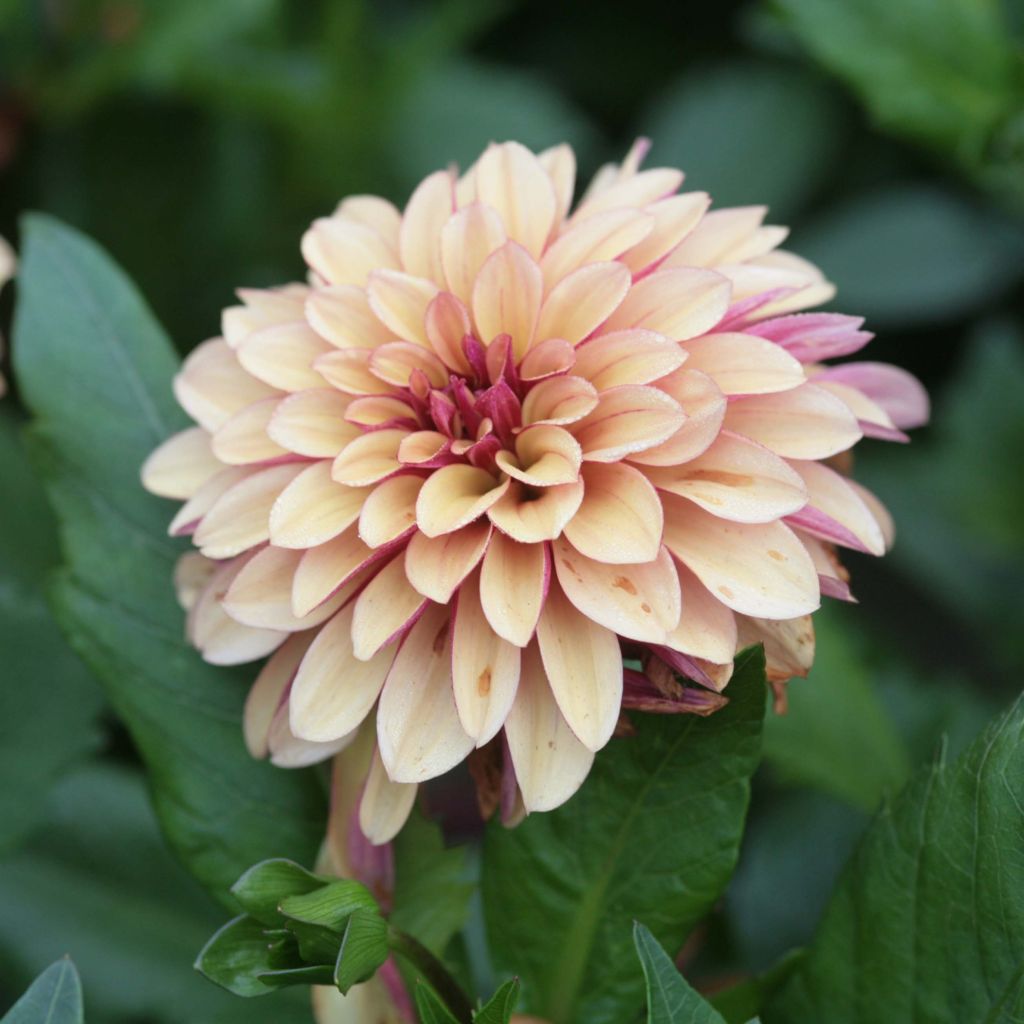

Dahlia Crème de Cognac
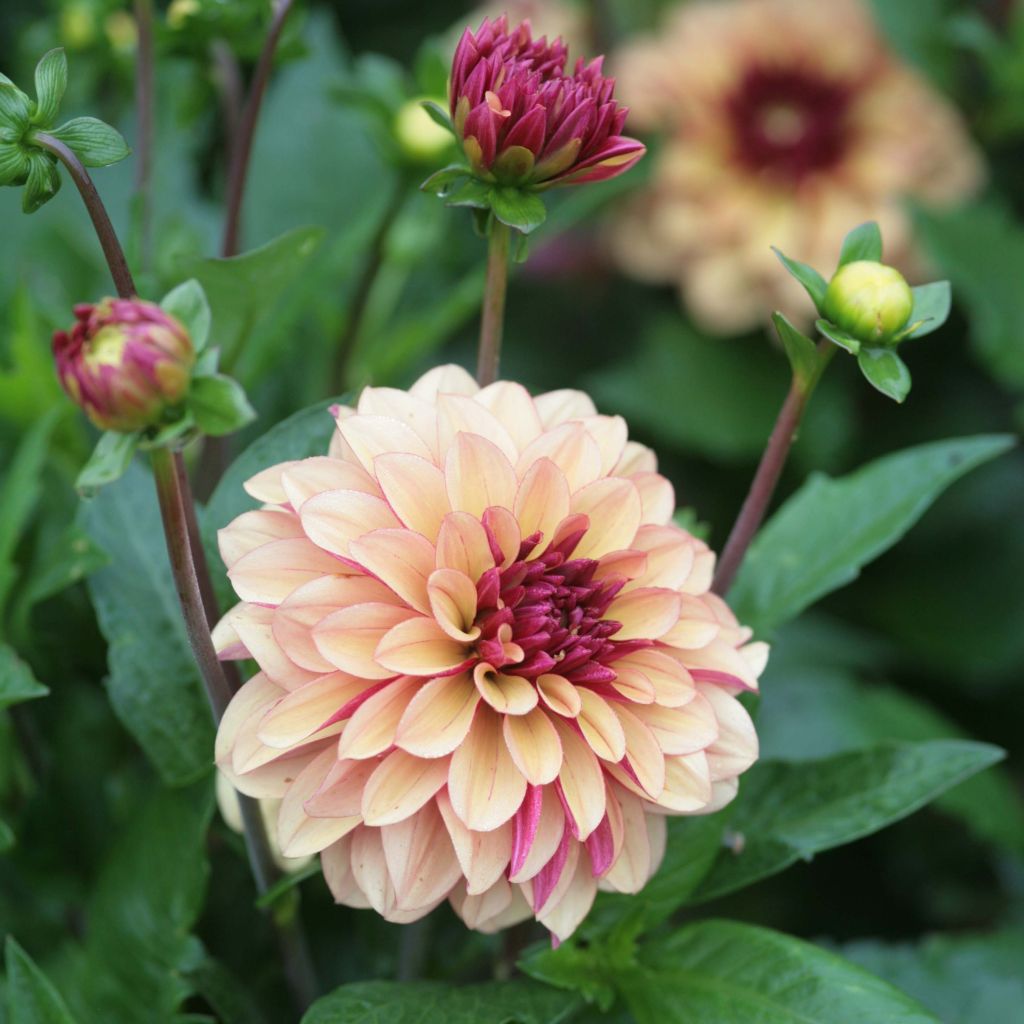

Dahlia Crème de Cognac
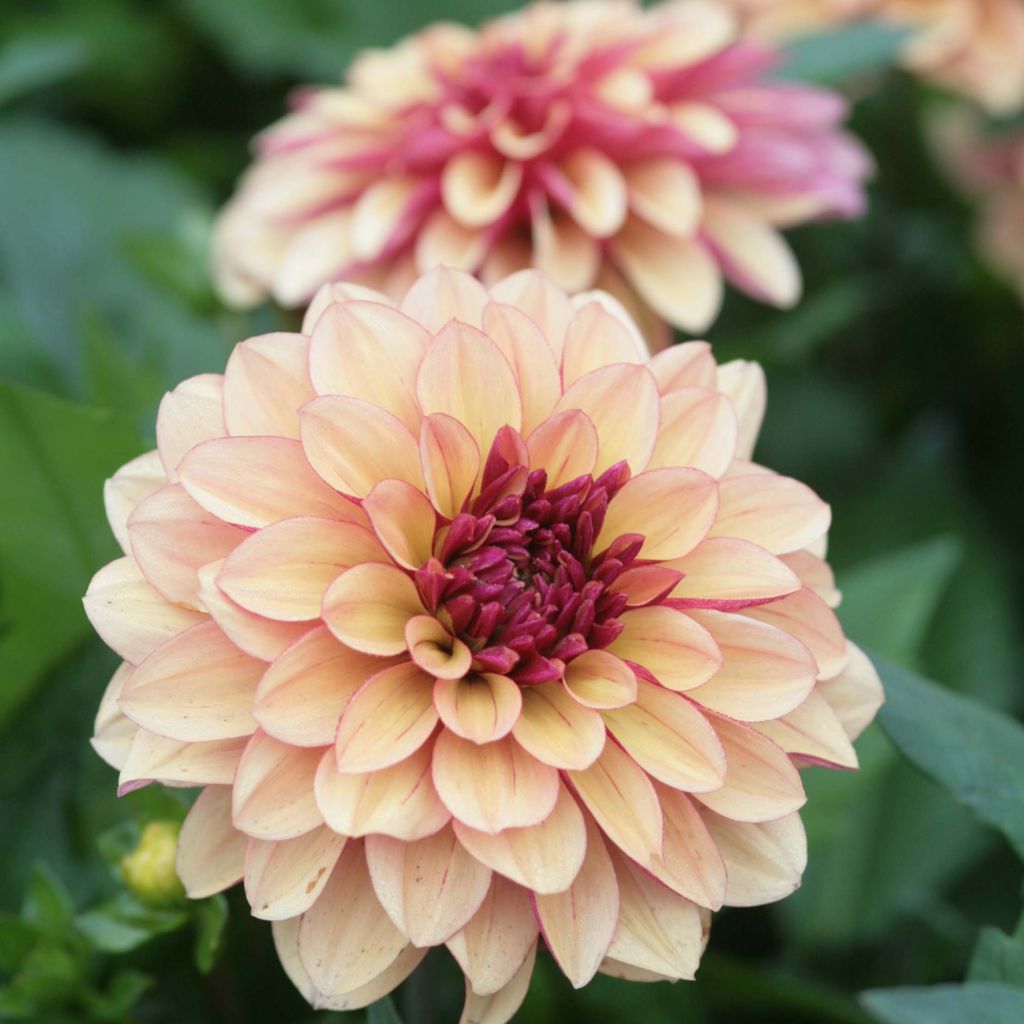

Dahlia Crème de Cognac
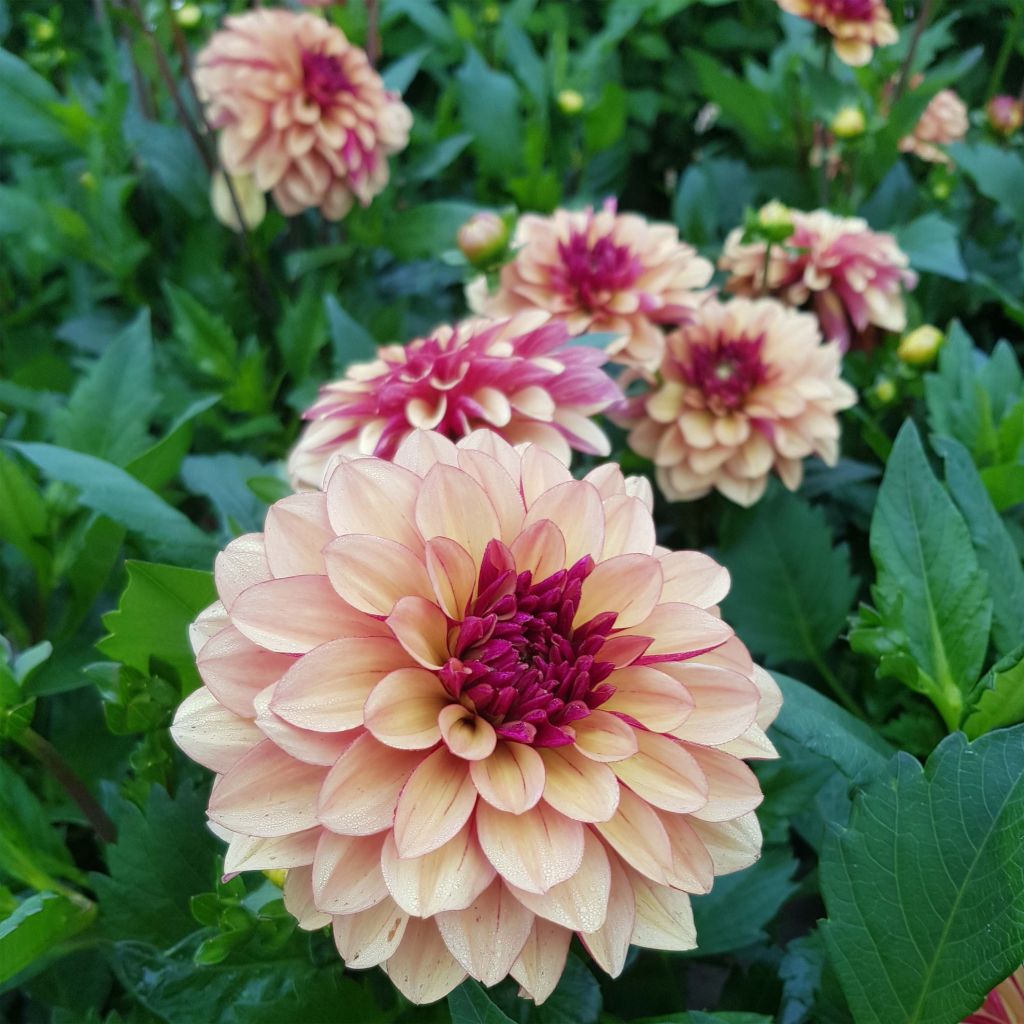

Dahlia Crème de Cognac
Dahlia Crème de Cognac
Dahlia Crème de Cognac
Dahlia
Rather weak tuber, some parts are detached from the central tuber in the bag... I hope it will recover!
Delphine, 11/02/2024
Order in the next for dispatch today!
Dispatch by letter from €3.90.
Delivery charge from €5.90 Oversize package delivery charge from €6.90.
Current delivery delay: 1 day.
More information
This item is not available in your country.
Schedule delivery date,
and select date in basket
This plant carries a 6 months recovery warranty
More information
We guarantee the quality of our plants for a full growing cycle, and will replace at our expense any plant that fails to recover under normal climatic and planting conditions.
From €5.90 for pickup delivery and €6.90 for home delivery
Express home delivery from €8.90.
Does this plant fit my garden?
Set up your Plantfit profile →
Description
Dahlia 'Creme de Cognac' seduces with the subtlety of its colouring. In this brand new Dahlia from the Decorative group, each petal, washed and brushed with raspberry pink on a cream background, is edged and doubled with a brilliant purple pink, a very visible and nuanced shade of mahogany at the heart of the flower. This arrangement of colours highlights the very regular shape of the flower. This Dahlia blooms for a long time, from summer to autumn, on a beautiful, well-foliaged clump. 'Creme de Cognac' bears infinitely refined flowers, to be showcased in a mix of pastel and light blooms, both in the garden and in a vase. .
Dahlias are tuberous plants from the large Asteraceae family, originally native to the high plateaus of Mexico. Currently, the some 25,000 horticultural varieties obtained by humans have invaded, to our greatest pleasure, gardens around the world. Dahlias are classified according to the shape of their flower. 'Creme de Cognac' is classified in the category of Decorative Dahlias. In this group, the coloured ligules of the capitulum are regularly arranged in a spiral, they can be curved towards the stem or fringed, for example. In this variety, the inflorescences in capitula are about 11cm (4in) in diameter and their ligules or petals are slightly curled, lanceolate in shape towards the heart of the flower. Their colour is magnificent: a cream almost striped with light raspberry pink on the top, they show a reverse and an edge of a much darker pink. The centre of the capitulum is occupied by ligules in darker tones. Flowering occurs from July to October. The plant will reach about 80cm (32in) in height, and 60cm (24in) in width, with a bushy and upright habit. The foliage is abundant, composed of opposite, pinnately compound leaves, meaning they divide into many leaflets. The leaves are a medium green and the floral stems are tinged with purple. As with all Dahlias, the highly branched stems are hollow.
To encourage repeat flowering and extend the flowering period, take care to remove faded flowers. Even better, regularly create attractive colourful bouquets by combining various varieties. The medium height of this variety makes it suitable for the centre of perennial plantings, of course, to structure a composition of flowering shrubs and shorter perennials. The flowering of summer and autumn Asters is perfect alongside that of Dahlias, they occur simultaneously, as well as the flowering of perennial salvias or Cannas, for example. Beautiful scenes can be composed in late season by combining the flowers of 'Creme de Cognac' with Japanese anemones, shrubby salvias... Also consider grasses (Miscanthus saccharifolius, Stipa arundinacea, Eragrostis trichodes) that take on beautiful hues in autumn.
As a star plant in ornamental gardens, Dahlias are undoubtedly beautiful flowers, they are impeccable in a flower bed but can also enhance a vegetable garden. In Mexico, this tuberous plant was initially cultivated as a root vegetable for consumption. Its poor taste quickly assigned it the status of an ornamental plant. Since then, the interest in their beautiful exuberance has never waned.
Report an error about the product description
Dahlia Crème de Cognac in pictures
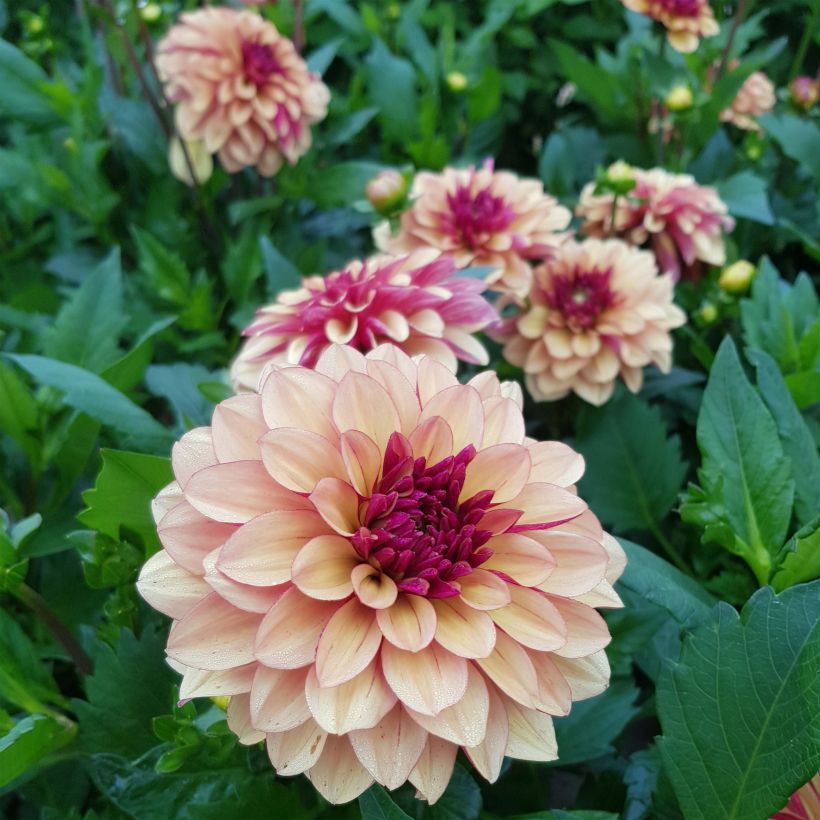

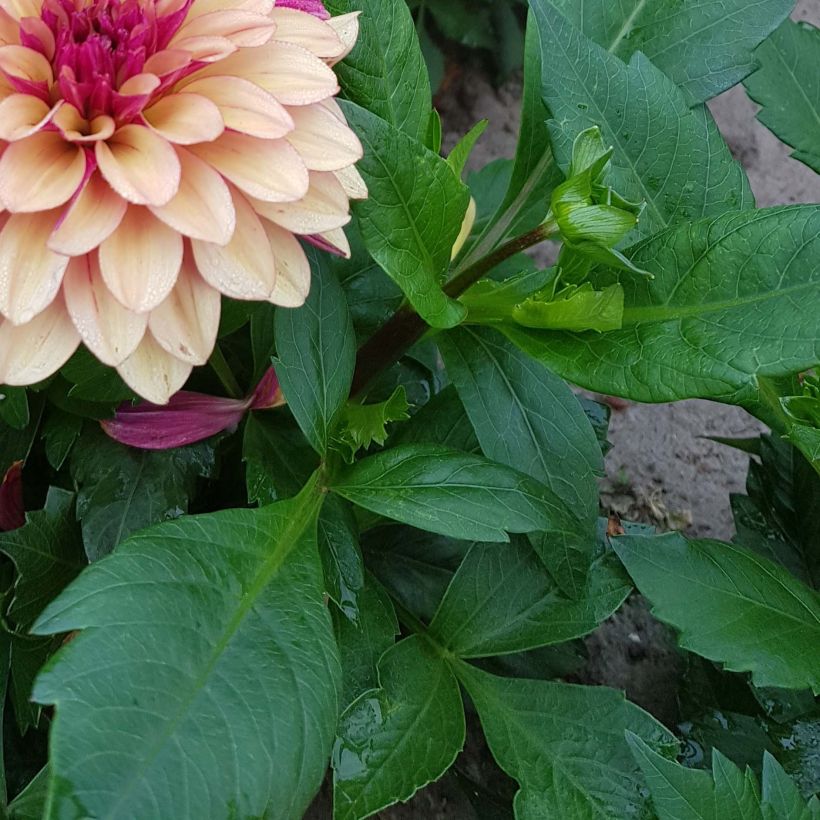

Plant habit
Flowering
Foliage
Botanical data
Dahlia
Crème de Cognac
Asteraceae
Dahlia
Cultivar or hybrid
Other Ornamental Dahlias
Planting and care
The 'Creme de Cognac' decorative Dahlia is easy to grow in all regions. For abundant flowering, it is good to follow a few simple rules. Plant the tubers in full sun as soon as the last frosts have passed. Rich, fresh, and well-drained soil is perfect. However, stagnant moisture would promote tuber rot. Feel free to amend the soil with compost and sand if necessary. Work the soil deeply and enrich it, for example, with crushed horn or dehydrated blood. Place your tuber and crumble the soil well to fill without air pockets. Your dahlia should be covered with about 6cm (2in) of soil. At the end of planting, water thoroughly once and then regularly renew this watering during the first 6 weeks to help with rooting.
Dahlias are sensitive to cold, so they need to be overwintered. In November, the first frosts blacken the foliage, which is the time to dig them up. Carefully remove the tubers. Remove as much soil as possible. Let the foliage dry so that the tubers can replenish their reserves. Then cut the stems to 10cm (4in). Spread your bulbs in a crate on newspaper. Store them in a frost-free, dry, cool, and dark place, such as a garage or attic. In the southern regions, close to the coast, where there are few frost days per year, it is possible to leave them in place. In this case, simply cover the ground with a layer of leaves or straw for protection.
This tall Dahlia, with its hollow stems, is not resistant to wind or heavy rain. To overcome this disadvantage, you can stake it, but let's admit it, it's not very aesthetic. On the other hand, by pinching the stems early or removing the axial flower buds, you will spread out the habit of the plant, which will offer more resistance to bad weather. At the same time, you channel the flow of sap to a single flower, which will become larger and stronger.
Planting period
Intended location
Care
-
, onOrder confirmed
Reply from on Promesse de fleurs
Dahlias
Haven't found what you were looking for?
Hardiness is the lowest winter temperature a plant can endure without suffering serious damage or even dying. However, hardiness is affected by location (a sheltered area, such as a patio), protection (winter cover) and soil type (hardiness is improved by well-drained soil).

Photo Sharing Terms & Conditions
In order to encourage gardeners to interact and share their experiences, Promesse de fleurs offers various media enabling content to be uploaded onto its Site - in particular via the ‘Photo sharing’ module.
The User agrees to refrain from:
- Posting any content that is illegal, prejudicial, insulting, racist, inciteful to hatred, revisionist, contrary to public decency, that infringes on privacy or on the privacy rights of third parties, in particular the publicity rights of persons and goods, intellectual property rights, or the right to privacy.
- Submitting content on behalf of a third party;
- Impersonate the identity of a third party and/or publish any personal information about a third party;
In general, the User undertakes to refrain from any unethical behaviour.
All Content (in particular text, comments, files, images, photos, videos, creative works, etc.), which may be subject to property or intellectual property rights, image or other private rights, shall remain the property of the User, subject to the limited rights granted by the terms of the licence granted by Promesse de fleurs as stated below. Users are at liberty to publish or not to publish such Content on the Site, notably via the ‘Photo Sharing’ facility, and accept that this Content shall be made public and freely accessible, notably on the Internet.
Users further acknowledge, undertake to have ,and guarantee that they hold all necessary rights and permissions to publish such material on the Site, in particular with regard to the legislation in force pertaining to any privacy, property, intellectual property, image, or contractual rights, or rights of any other nature. By publishing such Content on the Site, Users acknowledge accepting full liability as publishers of the Content within the meaning of the law, and grant Promesse de fleurs, free of charge, an inclusive, worldwide licence for the said Content for the entire duration of its publication, including all reproduction, representation, up/downloading, displaying, performing, transmission, and storage rights.
Users also grant permission for their name to be linked to the Content and accept that this link may not always be made available.
By engaging in posting material, Users consent to their Content becoming automatically accessible on the Internet, in particular on other sites and/or blogs and/or web pages of the Promesse de fleurs site, including in particular social pages and the Promesse de fleurs catalogue.
Users may secure the removal of entrusted content free of charge by issuing a simple request via our contact form.
The flowering period indicated on our website applies to countries and regions located in USDA zone 8 (France, the United Kingdom, Ireland, the Netherlands, etc.)
It will vary according to where you live:
- In zones 9 to 10 (Italy, Spain, Greece, etc.), flowering will occur about 2 to 4 weeks earlier.
- In zones 6 to 7 (Germany, Poland, Slovenia, and lower mountainous regions), flowering will be delayed by 2 to 3 weeks.
- In zone 5 (Central Europe, Scandinavia), blooming will be delayed by 3 to 5 weeks.
In temperate climates, pruning of spring-flowering shrubs (forsythia, spireas, etc.) should be done just after flowering.
Pruning of summer-flowering shrubs (Indian Lilac, Perovskia, etc.) can be done in winter or spring.
In cold regions as well as with frost-sensitive plants, avoid pruning too early when severe frosts may still occur.
The planting period indicated on our website applies to countries and regions located in USDA zone 8 (France, United Kingdom, Ireland, Netherlands).
It will vary according to where you live:
- In Mediterranean zones (Marseille, Madrid, Milan, etc.), autumn and winter are the best planting periods.
- In continental zones (Strasbourg, Munich, Vienna, etc.), delay planting by 2 to 3 weeks in spring and bring it forward by 2 to 4 weeks in autumn.
- In mountainous regions (the Alps, Pyrenees, Carpathians, etc.), it is best to plant in late spring (May-June) or late summer (August-September).
The harvesting period indicated on our website applies to countries and regions in USDA zone 8 (France, England, Ireland, the Netherlands).
In colder areas (Scandinavia, Poland, Austria...) fruit and vegetable harvests are likely to be delayed by 3-4 weeks.
In warmer areas (Italy, Spain, Greece, etc.), harvesting will probably take place earlier, depending on weather conditions.
The sowing periods indicated on our website apply to countries and regions within USDA Zone 8 (France, UK, Ireland, Netherlands).
In colder areas (Scandinavia, Poland, Austria...), delay any outdoor sowing by 3-4 weeks, or sow under glass.
In warmer climes (Italy, Spain, Greece, etc.), bring outdoor sowing forward by a few weeks.


































